A Christian Exhortation to American Citizens
Richard Mouw is an American, and he loves his country the most, according to his newly released How to be a Patriotic Christian: Love of Country as Love of Neighbor.
Jackson WatersSeptember 5, 2022
Man’s Chief End and the Meaning of Life
Man is troubled—more troubled than at any previous time in the brief sojourn of his kind on this planet. Wars, revolutions and social convulsions all indicate the depth of his disquiet. He is troubled because he does not know, and he wants to know, the meaning of his own life.
Christianity & Crisis MagazineJune 7, 2022
Either Meritocracy or the Common Good, Not Both: A Review of Michael Sandel’s The Tyranny of Merit
In The Tyranny of Merit: What’s Become of the Common Good? Michael Sandel eloquently argues a sobering idea: America can pursue meritocracy or the common good, but not both.
James DiddamsJuly 23, 2021
Religious Freedom and the Kingdom of God: A Review of Andrew T. Walker’s Liberty for All
Christians must advocate religious liberty not just for themselves, Walker argues, but “with the conviction that true freedom means allowing fellow citizens… to freely exercise their beliefs with dignity.”
Ian SpeirApril 21, 2021
America’s Religionized Politics
Needless to say, demands for complete justice in this world, humanly rather than divinely enacted, are dangerous, potentially lethal, and inevitably will be disappointed.
Mark TooleyMarch 12, 2021
Five Lessons during the COVID-19 Pandemic
While quarantined with my family during the COVID-19 pandemic, the following five lessons with international affairs applications have come into focus.
Rebeccah HeinrichsApril 10, 2020
Why Should Christians Support International Religious Freedom?
The most profound and powerful reasons for religious freedom are Christian reasons, and they extend not only to Christians but to all people. In my view this means that there is also a deep theological warrant for international religious freedom.
Thomas FarrJune 5, 2019
Day 10: The Mother of All Meaning
To get any insight at all into what Jesus’ childhood and upbringing were like, you have to do something that sometimes makes Protestants uncomfortable: study Mary.
Walter Russell MeadJanuary 3, 2019
What about Amillennialism in Foreign Policy?
If Michael Doran and Walter Russel Mead insist that Christian eschatology is relevant to American foreign policy, it makes sense to at least mention and analyze amillennialism and preterism.
Mark MeltonMay 7, 2018
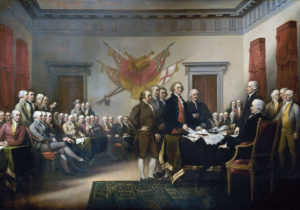



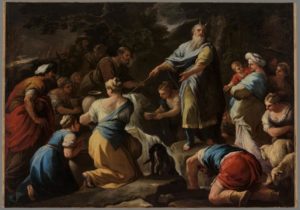

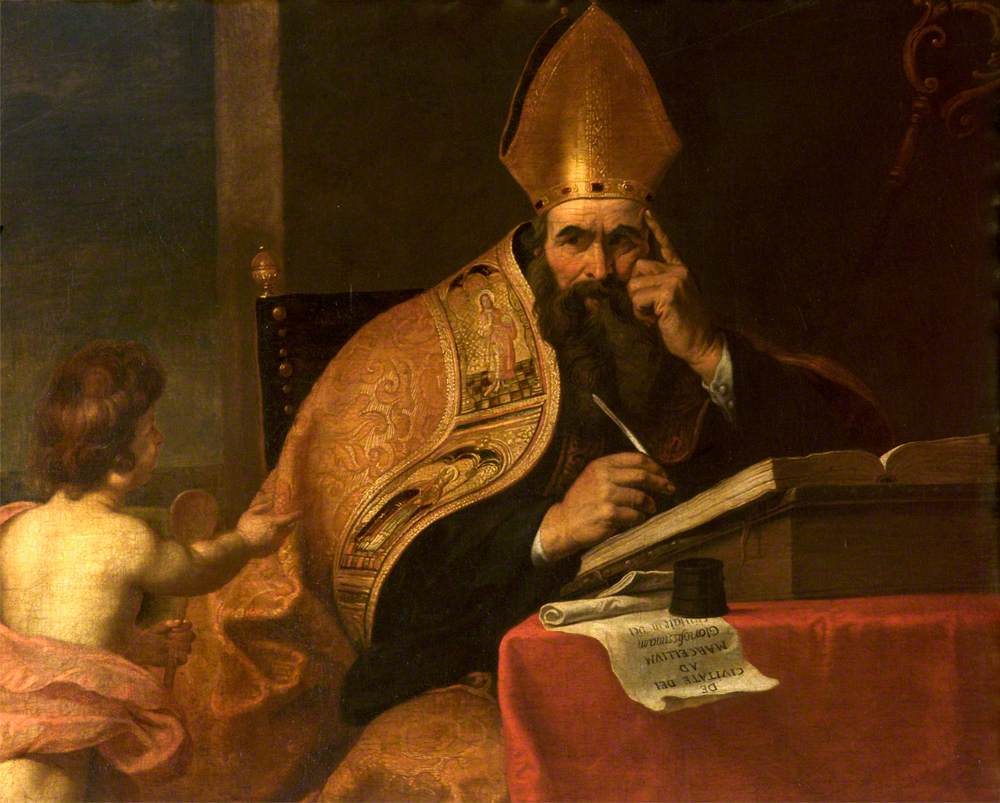
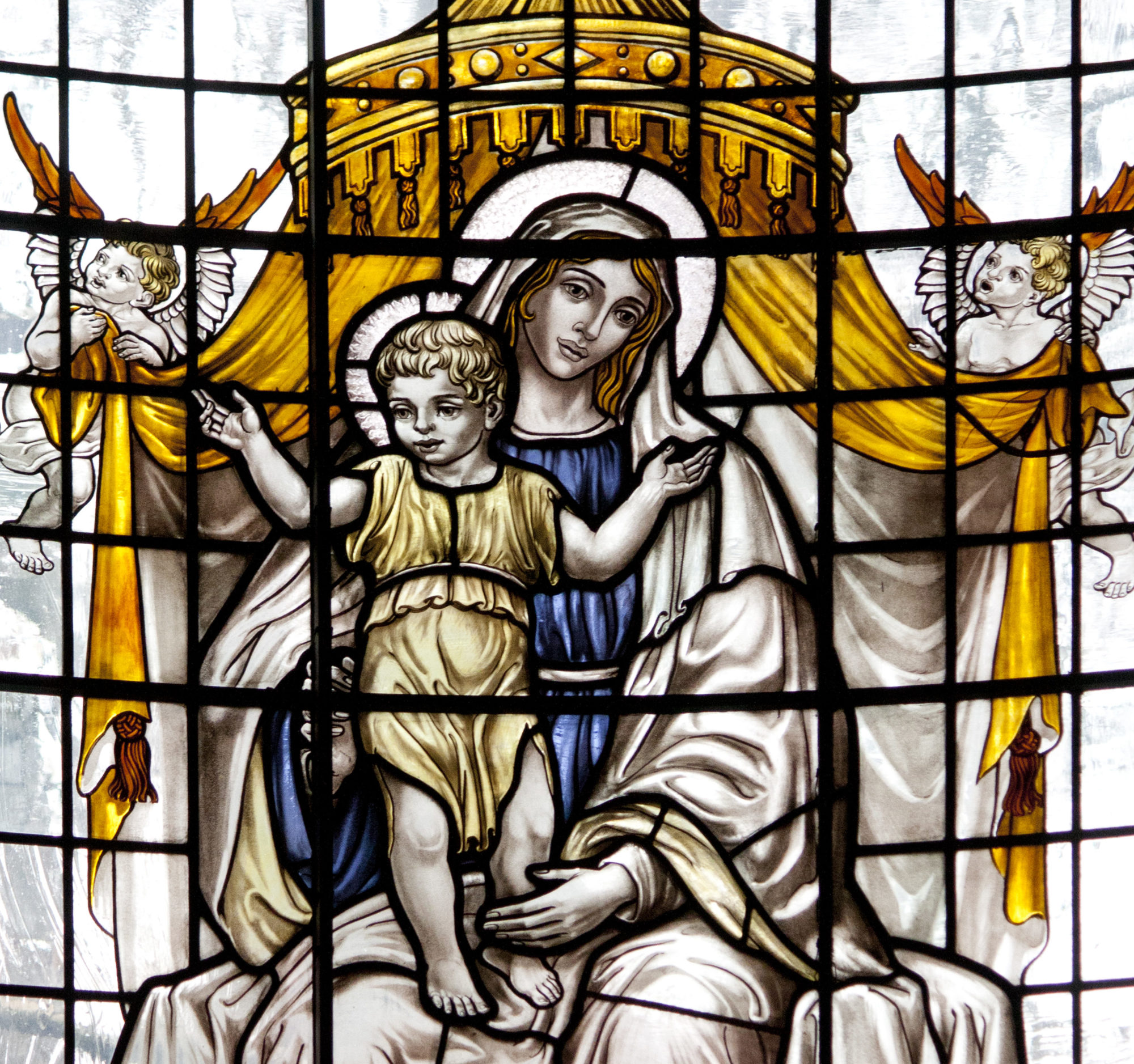
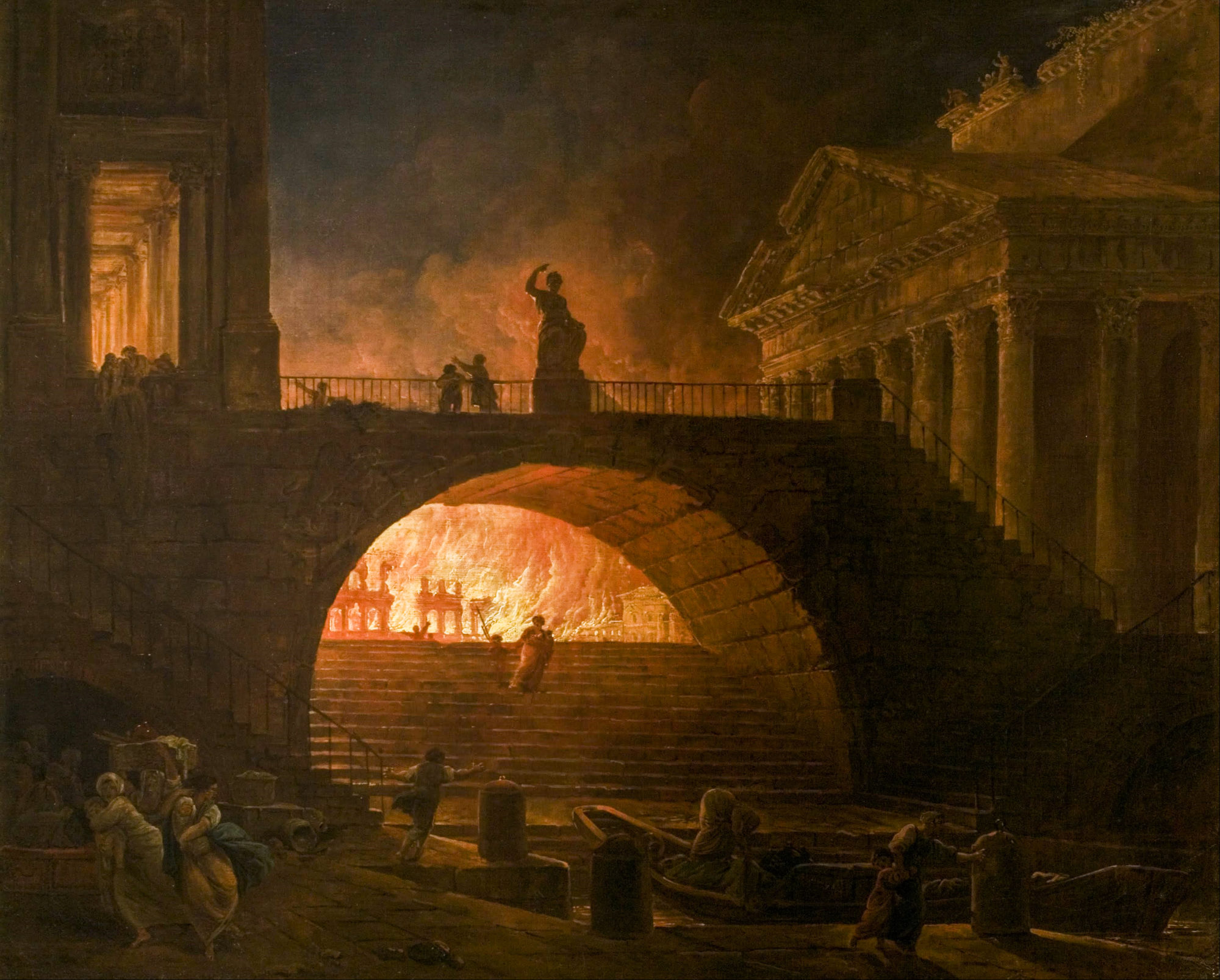

 Sponsor a student for Christianity & National Security 2024
Sponsor a student for Christianity & National Security 2024